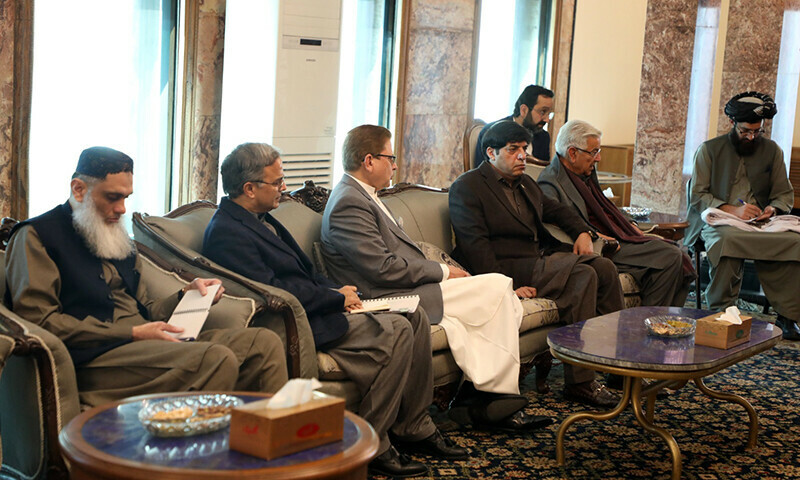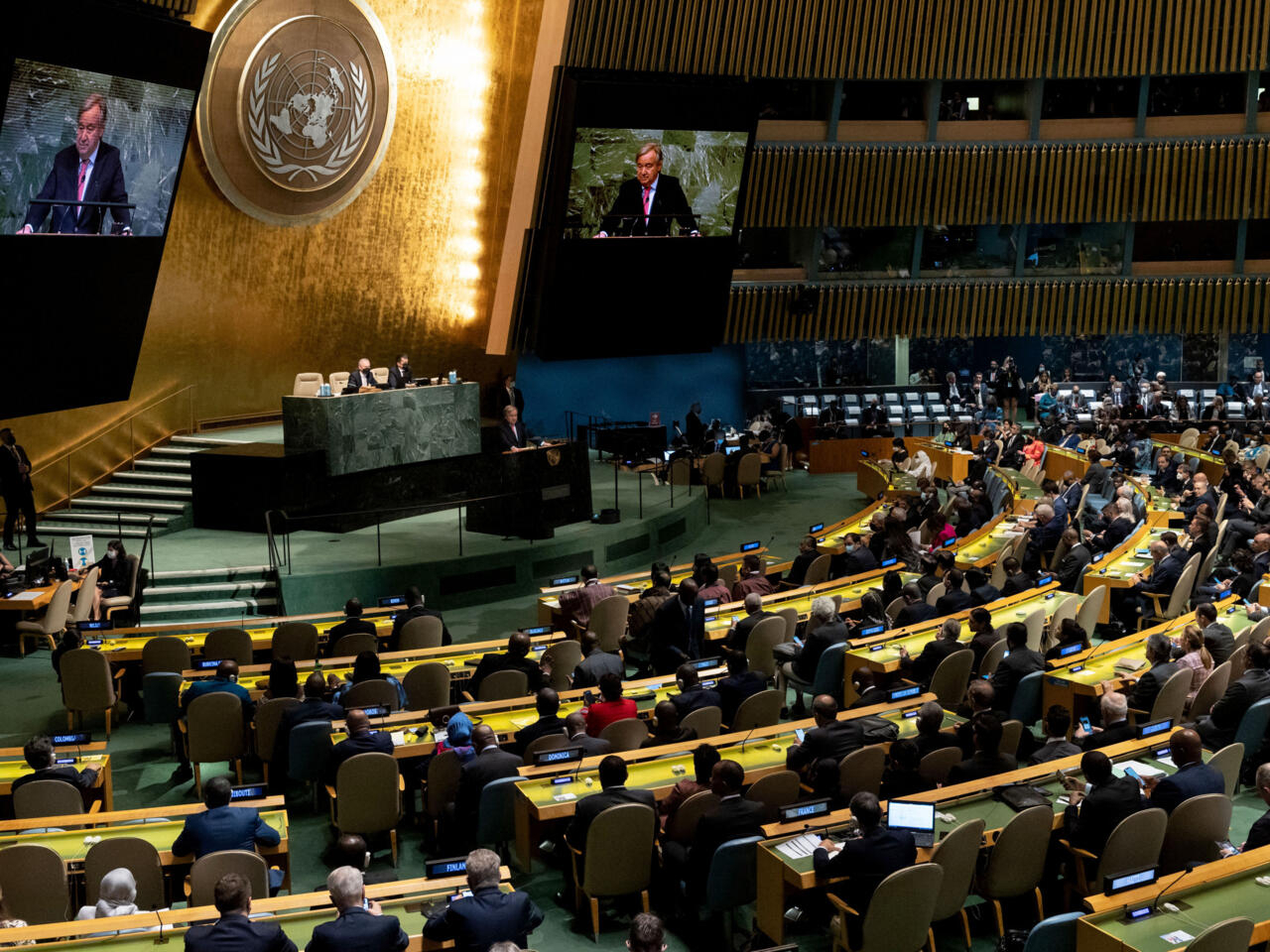In high-level meetings conducted in Kabul on Wednesday, Pakistan and Afghanistan discussed the growing threat of terrorism in the region. Particularly from the outlawed militant groups Tehreek-i-Taliban Pakistan (TTP) and Islamic State Khorasan Province (ISKP).
The Pakistani delegation arrived in Kabul earlier in the day. According to the Foreign Office (FO), to have discussions with representatives of the interim Afghan government. This was about security-related issues, particularly counterterrorism strategies.
Deputy Prime Minister Mullah Abdul Ghani Baradar Akhund, Defense Minister Mawlavi Mohammad Yaqoob Mujahid, Interior Minister Sirajuddin Haqqani, and Foreign Minister Amir Khan Muttaqi. They were all met by the team, according to a press release from the FO later in the day.
Discussion topics included the rising threat of terrorism in the area, particularly by the TTP and ISKP. The two sides decided to work together to counter the threat of terrorism that is posed by diverse individuals and organizations.
According to the FO, “both parties decided to intensify bilateral cooperation in a number of spheres to further improve the fraternal relations between the two nations.”
The Afghan Council of Ministers (prime minister) said in a statement that the two parties spoke on bilateral relations, commerce, and economic cooperation.
Being neighbors, Pakistan and Afghanistan ought to get along well. Mullah Baradar was quoted in the statement as stating. “The Islamic Emirate of Afghanistan wants to expand economic and commercial connections with Pakistan. However, because such contacts are in the interest of both countries.
He stated that commercial and economic difficulties between the two countries shouldn’t be impacted. By the means of political and security concerns and should be kept separate from them.
The Islamic Emirate of Afghanistan was promised by the Pakistani side that the issues would be resolved, according to the statement. The delegation stated that additional efforts to find answers to these issues would be requested from the relevant committees and ministries.
The meeting takes place as the primary commerce and border crossing point between Pakistan and Afghanistan. The Torkham border, remained blocked for the third straight day on Tuesday due to a lack of progress in a dialogue between border officials.
The Afghan Taliban closed the border crossing earlier this week, blaming Pakistan for breaking its agreements.
The development also occurs at a time when terrorism has started to resurface in Pakistan, particularly in KP and Balochistan. TTP officials stationed in Afghanistan are thought to have planned and ordered an increase in terrorist assaults across Pakistan.
More than 100 attacks were carried out by the TTP last year, most of which took place after August. When the group’s peace negotiations with the Pakistani government started to sputter. The TTP shares ideological ties with the Afghan Taliban. The TTP publicly broke the ceasefire on November 28 of last year.
Most recently, a suicide assault at a mosque in Peshawar’s Police Lines claimed the lives of more than 80 people. Moreover, the majority of them were police officers. The blast was attributed to a TTP affiliate by officials.
The government would send delegations to Tehran and Kabul. According to Special Adviser to Prime Minister Faisal Karim Kundi, to “ask them to ensure that their soil is not utilized by terrorists against Pakistan.”
Since its founding in 2015, the ISKP has resisted the Taliban and claimed numerous assaults in Afghanistan. Seeing the Taliban’s Afghanistan-focused nationalist political goal as incompatible with the Islamic State’s universalist objective of a world caliphate.
















